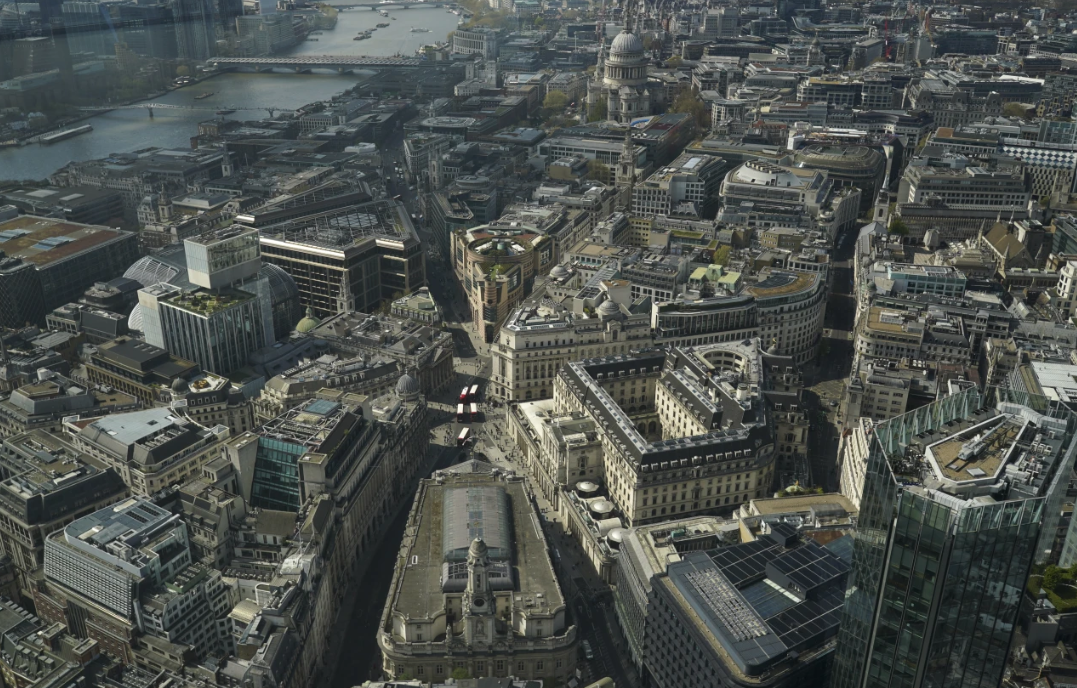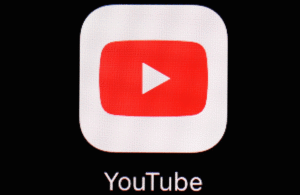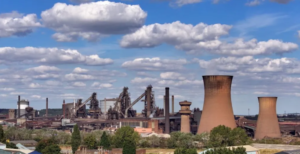Inflation in the U.K. spiked to its highest level in more than a year in April, largely due to rising domestic costs, including energy and water bills. Official data released on Wednesday showed that the consumer price index, the government’s main measure of inflation, increased by 3.5% in the year leading up to April, up from 2.6% in March.
This April increase was the highest since January 2024 and surpassed the expected rise of 3.3%. It was also the largest inflation jump since October 2022, which occurred during the height of the energy crisis following Russia’s invasion of Ukraine.
Economists had predicted the rise, as April saw significant increases in household costs, combined with higher business taxes and a substantial hike in the national minimum wage. Inflation is expected to stay above 3% for the remainder of the year, which could dampen expectations of additional interest rate cuts by the Bank of England, whose inflation target remains 2%.
On Tuesday, the Bank of England’s chief economist, Huw Pill, expressed concerns that borrowing rates may have been reduced too quickly, suggesting ongoing inflationary pressures. Since the bank began cutting rates last August, starting from a 16-year high of 5.25%, it has made incremental reductions of a quarter-point every three months, bringing the rate down to 4.25% earlier this month.
Following the latest inflation figures, Rob Wood, chief economist at Pantheon Macroeconomics, stated that rate cuts on a “precise quarterly schedule” are now “far from certain.”
Although inflation is expected to stay above the Bank of England’s target this year, economists forecast it will drop next year, partly due to the recent trade agreement between the U.S. and the U.K., which has removed many of the tariffs previously planned by U.S. President Donald Trump.
The sharp rise in inflation poses a challenge for the Labour Party government, which returned to power in July after a 14-year absence. Recently, the Labour Party highlighted what it viewed as economic successes, such as stronger-than-expected growth in the first quarter and the conclusion of several trade deals. Along with the U.S. tariff agreement, the government secured deals with India and reset the U.K.’s relationship with the European Union following Brexit.
Treasury chief Rachel Reeves expressed disappointment over the inflation figures, acknowledging the ongoing cost-of-living pressures on working people. “I know cost of living pressures are still weighing down on working people,” she said.
The opposition Conservative Party, which was replaced by Labour, pointed to the decision to increase taxes on businesses as a key factor contributing to rising costs. “Families are paying the price for the Labour Chancellor’s choices,” said Mel Stride, the Conservative Party’s economy spokesman.














